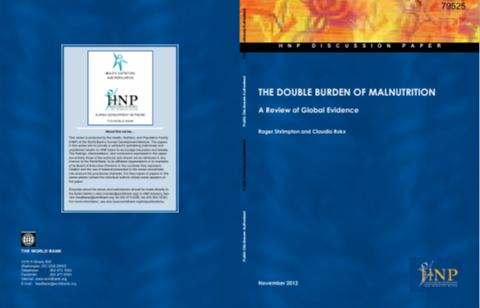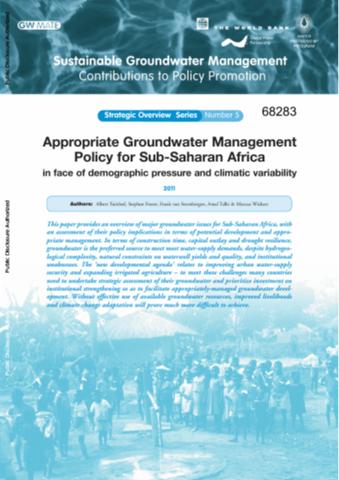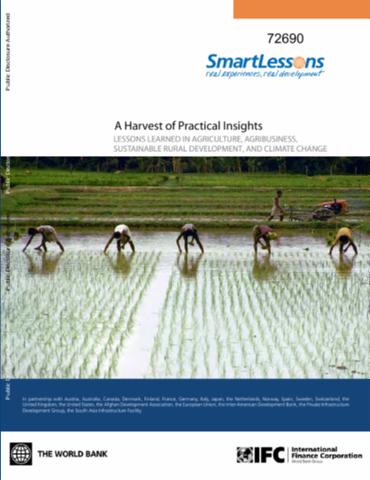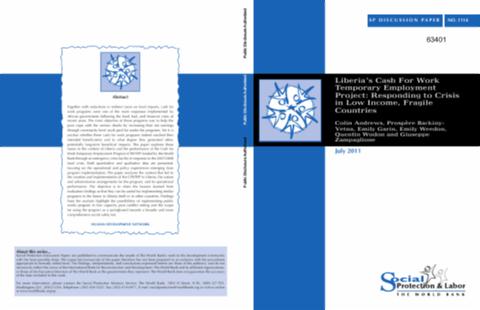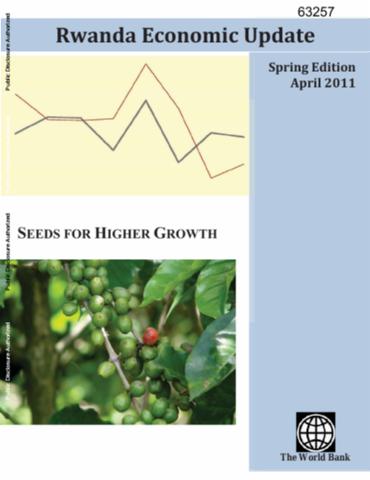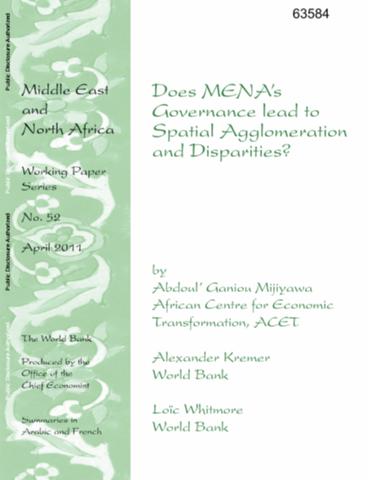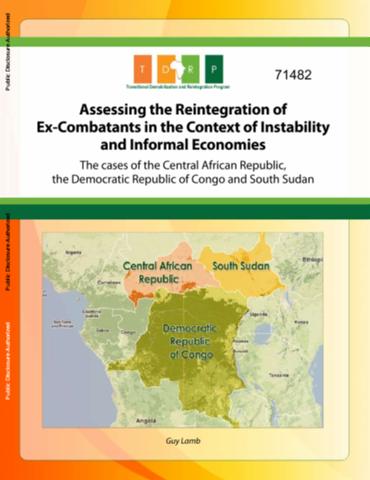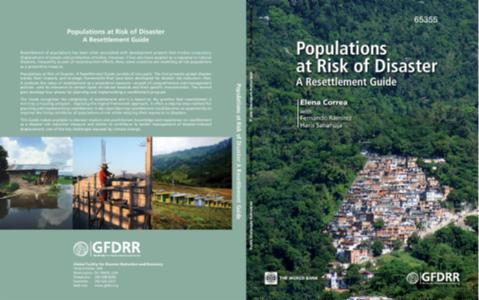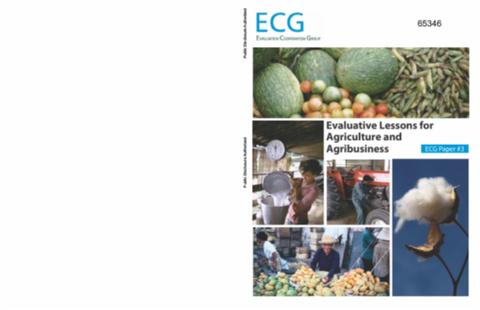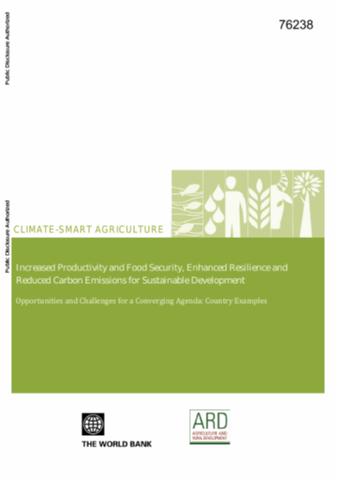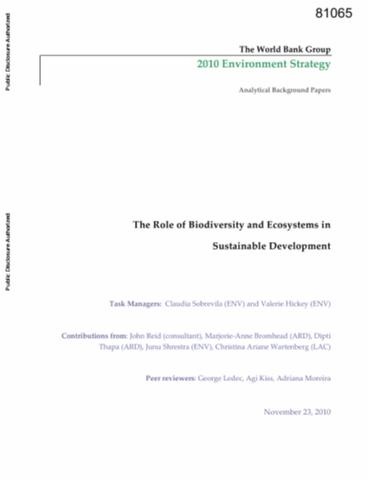The Double Burden of Malnutrition
The Double Burden of Malnutrition (DBM) is the coexistence of both under nutrition and over nutrition in the same population across the life course. 'Across the life course' refers to the phenomenon that under nutrition early in life contributes to an increased propensity for over nutrition in adulthood. The DBM affects all countries, rich and poor, and is a particular concern in countries with high stunting rates. The consequences of the DBM are enormous; early life under nutrition is an underlying cause associated with about a third of young child deaths.

